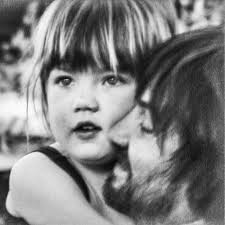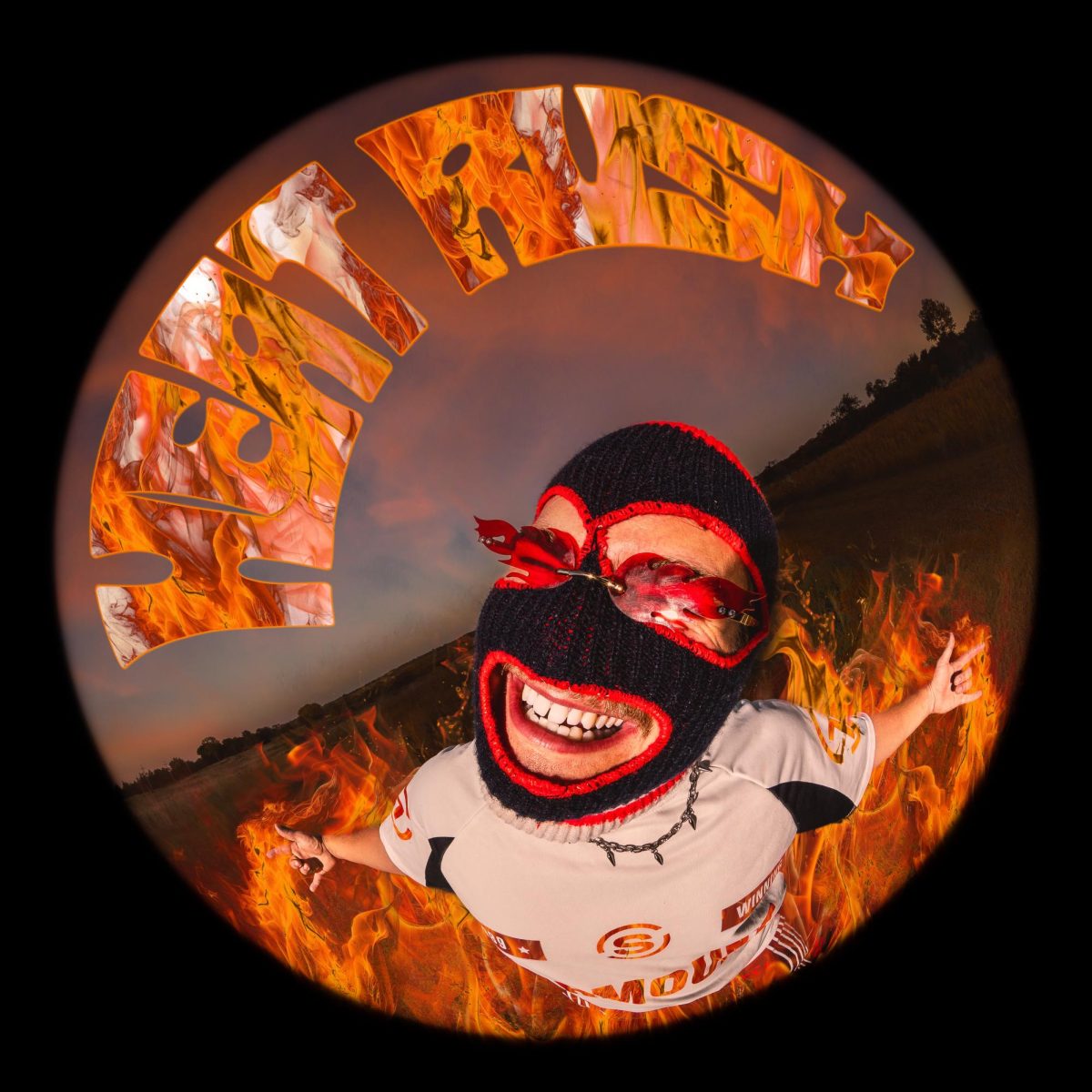Tame Impala’s latest album, Deadbeat, leaves me feeling a bit confused. I’ve been anticipating the next album for five years since the release of The Slow Rush, which was a masterpiece in cohesion, catchiness, and polish. Deadbeat is the opposite of that.
The album seems to have an identity crisis on first listen. From track to track, there is very little of a consistent sound or theme on Deadbeat. In other words, the album doesn’t have the glue of instrumentation that earlier Tame Impala albums had.
The album comes off as more raw, more hollowed out and rough around the edges than even his first album, Innerspeaker.
My overall gripes with the album are that it’s not as lush or maximalist, and doesn’t feel as well thought out as earlier Tame Impala albums. The prominent use of drum machines in particular leave me longing for the complex beats and massive fills that we see on Innerspeaker and other earlier Tame Impala works.
But after a few listens, I think I’m starting to understand why Kevin Parker decided to make an album like this. In an interview on YouTube with Zane Lowe, Parker says, “If I didn’t care about the music anymore, and I just wanted to make money and sell albums, the way that you would know that is if I just did the same thing again.”
In my opinion, if Parker didn’t totally revamp his sound from The Slow Rush, I would probably be less intrigued by it than I am with Deadbeat. Parker seems to have let go of his notorious perfectionism and replaced it with spontaneity.
The one track that most prominently features guitar-work, “Loser,” leaves me feeling stunned and a bit upset that Parker can still compose something so brilliant on the instrument, and yet has mostly left it behind. The catchy rhythm of the guitar stays the same throughout the track, but there are layers of instrumental harmony that genuinely send chills up my spine. Meanwhile, the lyrics about a defeated man on his worst behavior make me laugh. I appreciate the bluntness.
The next track, “Oblivion,” perfectly embodies the complaints about the album. The synths are too hollow and sound like they’re from a weird indie video game, the drums and rhythms are mind-numbing, the vocals feel uninspired and the lyrics feel repetitive and cheesy. If there’s one song I could cut, it would be this one.
But the next track, “Not My World,” makes me feel like I’m living in a Cyberpunk universe. In the beginning, Parker’s vocal melodies juxtapose themselves against the syncopated synth notes in a way that feels very intimate. The lyrics reflect the loneliness Parker feels, a feeling that seems to have followed him throughout his musical career. Then, in the middle of the song, an instrumental break is taken with synths and bass that build up and leave me in a trance.
Songs like “Obsolete,” “Piece Of Heaven,” and “Afterthought” feature some striking, vintage electronic bass synths that scratch an itch I didn’t know I had. Obsolete in particular features one of the few interesting and layered drum machine beats, and another fleeting guitar lick in the intro and the outro.
Possibly my favorite track is the last one, “End of Summer.” This track feels like exactly what the title suggests, a heatwave at the end of summer that leaves you dizzy. The vocals prance around a cloud of wavy synths and a punchy drum machine. Parker’s lyrics about regret and love are heartbreaking and on-the-nose. In the middle of the song, one last beautiful instrumental break is taken that feels a bit like something from New Order.
This album requires a bit more patience than other Tame Impala works. The songs don’t build up and pay off in a way that’s conventional.
In the long run, long-time Tame Impala fans will probably come around to the flawed Deadbeat the way they did for Currents, and it will also probably bring in fans of the techno, house, and trance genres of electronic music.
I like the album for what it is, but I come away from it every time feeling like it’s not a Tame Impala album; it’s a Kevin Parker one.





